South Korea National Action
Paris Climate Agreement
Greece is a signatory of the Paris Agreement, a legally binding international treaty on climate change, developed at COP 21 in Paris, on December 12, 2015 and entered into force on November 4, 2016. The goal of the agreement is to limit global warming to well below 2 degrees Celsius, preferably to 1.5 degrees Celsius, compared to pre-industrial levels. Greece ratified the agreement on April 16, 2016.
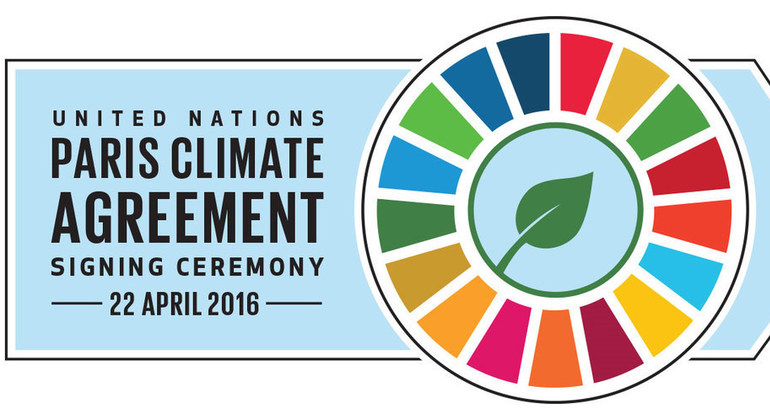
Paris Climate Agreement
Overfishing
- In 2021, the South Korean government proposed a five-year plan called the Basic Plan of Fishery Resources Management to better manage the country’s fishery resources in response to climate change and a need to be more sustainable in the fishing industry. Elements of the plan include:
- Apply the total amount of catch (TAC) policy on more types of fish, covering 50% of the species, compared to 35% in 2020.
- Tighten control of vulnerable species and bolster a ban on catching fry.
- Promote the use of safer fishing equipment to prevent boats from accidentally harming whales.
- By 2022, the country will install underwater structures in 50 locations, where marine species can inhabit and reproduce.
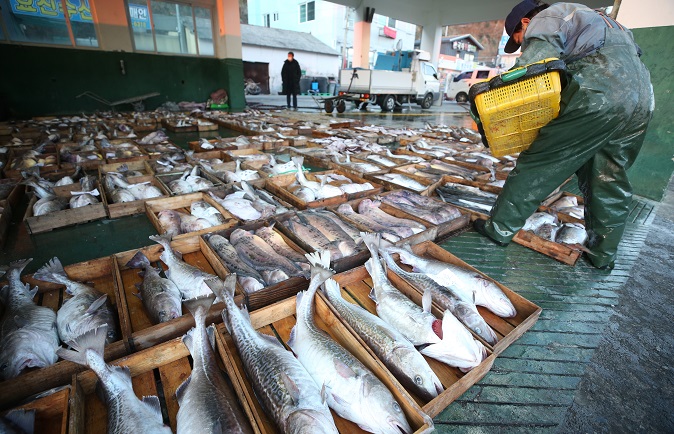
Fish Sale, Geoje, South Korea
National Plans
- In, the newly-elected Democratic Party released an outline of a “new deal” that stated the nation’s coronavirus recovery package will have a digital focus, emphasizing investment in artificial intelligence and fifth-generation (5G) wireless technology.
- A target of 40% renewable power by 2034 and the replacement of some coal capacity with liquefied natural gas.
- President Moon Jae-in announced a net-zero target, committing to “go toward carbon neutral by 2050” in a speech to the national assembly. He promised to benefit energy and create more jobs under this plan with government funding renewables, electric vehicle manufacture and clean hydrogen production.
- The Korean New Deal or “K-New Deal” was passed and launched in July 2020, receiving an update (K-New Deal 2.0) in July 2021. The legislation promises to:
- First, create jobs, both government-supported positions for low-skilled workers and jobs that support the transition towards a digital and green economy.
- Second, build the infrastructure for a digital and green economy that will boost investment and support job creation.
- Third, set the groundwork for Korea to lead the global community in the post COVID-19 era.
- Invest more than 200 trillion won by federal, state and private entities and create 1.9 million new jobs.
- Previously, South Korea committed to cutting emissions by 30% below BAU (“business as usual”) by 2020, instead of 2030 under the Copenhagen Accord of 2009. This would have meant levels that were 80% higher in 2020 than 1990. South Korea’s commitment to the Paris Agreement replaces the Copenhagen pledge and is more ambitious (37% BAU by 2030).
- In 2008, the government published its national climate change adaptation master plan covering the years 2009-2030. Among the key vulnerable areas identified were damage to infrastructure due to increased rainfall, rising costs of natural disasters and threats to public health resulting from infectious disease spread and heatwaves.
- The flagship Framework Act on Low Carbon, Green Growth (pdf), which was passed in 2009 and provided the legislative framework for emissions targets and renewable energy expansion, as well as the basis for a carbon trading system. A five-year plan implemented the same year saw South Korea commit 2% of its GDP through to 2013 to invest in the green economy, which included investing in renewable energy, smart grids and green homes. This was considered possible with South Korea’s quicker recovery from the global financial crisis of 2008.
- Monitoring of the nation’s progress on renewables is muddied slightly by a uniquely South Korean classification system that treats “new energy” the same as “renewable energy”.
- Broadly, there are concerns that this system still does not make it attractive enough for private entities to invest in renewables, with insufficient subsidies for solar and wind while coal is still being incentivized.
- Conservatives politicians and news outlets, often with a pro-nuclear slant, have been blamed for “tarnishing” the reputation of renewables by stating that solar projects in particular are the cause of “environmental destruction”.
- Around a quarter of South Korea’s electricity comes from its 24 nuclear reactors, placing it “among the world’s most prominent nuclear energy countries”, according to the World Nuclear Association. Its nuclear power output is the fifth largest in the world. A desire to reduce dependence on imported fossil fuels was the primary motivation behind South Korea’s nuclear development, which began in the 1960s. There are anti-nuclear movements within South Korea, particularly after Japan’s Fukushima disaster in 2011.
- The government’s 8th Basic Plan for Electricity Supply and Demand (pdf) in 2017 suspended plans for any new coal-fired power stations not already under construction, and pledged to close older existing plants “ahead of the end of their design lifetime”. The country’s coal plants are, however, relatively young, averaging 15 years old. The Plan also states that it will cut the amount of polluting fine dust produced by power generation by 62% from 2017-2030.
- A report by Greenpeace identifies the nation as the third-biggest public investor (around $17bn (£13.7bn) of financial support for coal-power projects since 2008) in overseas coal-fired power plants in the G20 group of major economies, after China and Japan. Among the main countries targeted for investment are Bangladesh, Indonesia and Vietnam, all of which have laws allowing air pollution levels that would be illegal in South Korea.
- The key tool for cutting Korean industrial emissions is its emissions trading scheme (ETS), a cap-and-trade system which was introduced in 2015 and became the second largest in scale after the EU ETS though the South Korean government allows for a lot more pollution “allowances” that doesn’t cost additional monies to the polluting companies. In total, the nation’s ETS covers more than 500 heavy polluters, including the steel, cement, refinery, aviation and power sectors, which are estimated to produce around two-thirds of the country’s emissions.
- After the global financial crisis of 2008, South Korea’ stimulus package was regarded as being particularly “green”, with 69% of spending set aside for projects such as renewable energy, energy efficiency and smart grids. Similar investments were demanded by the public as part of COVID-19 pandemic stimulus.
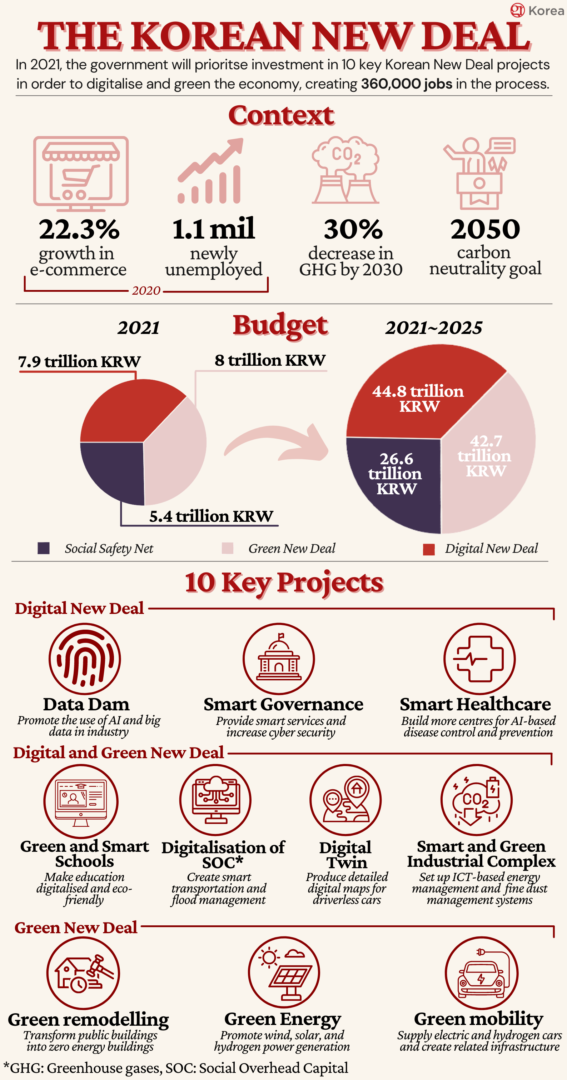
Korean New Deal Infographic 2022
Accomplishments
- The Framework Act on Carbon Neutrality and Green Growth enshrines carbon-neutrality by 2050 in law.
- In 2020, the share of coal-fired power generation decreased from 43% to 39%, compensated by increases from LNG, nuclear, and solar. This shift resulted in a record-low emissions intensity of South Korea’s electricity sector.
- The Ninth Electricity plan, published in December 2020, sets clear electricity mix targets and it is estimated that would lead to a 5% reduction in total emissions.
- The revised Renewable Energy Law, passed in March 2021, strengthens South Korea’s Renewable Portfolio Standard, requiring major electricity utilities to increase their renewables share to 25% by 2034, from 10% by 2023.
- South Korea was the first East Asian nation to pledge carbon neutrality by 2050 (largely through the Green New Deal).
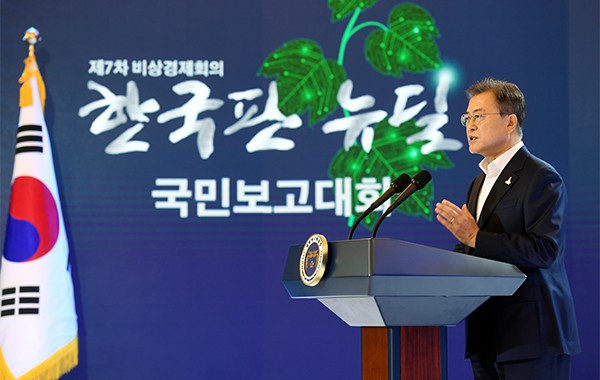
Former President, Moon Jae-in, promoting the Korean New Deal
Persistent Challenges
- Per the Climate Action Tracker (CAT), “an independent scientific analysis that tracks government climate action and measures it against the globally agreed Paris Agreement aim of "holding warming well below 2°C, and pursuing efforts to limit warming to 1.5°C." South Korea rates as either “Insufficient” or “Highly Insufficient” in these areas as of late 2021:
- Deducting the suggested contribution of forestry and reductions overseas, the target translates into a 32% reduction of domestic emissions by 2030, compared to 2018. To meet the Paris Agreement’s 1.5°C temperature limit, the CAT estimates that a domestic emissions reduction of at least 59% by 2030 is needed.
- The share of fossil fuels remains very large, at 67% in 2020, and while the share of renewables in the sector has doubled in the last five years, it remains small at around 6% and is considerably lower than the EU, Japan, and the US.
- Under the draft 2050 carbon neutral scenarios, coal is phased out before 2050. To be Paris-compatible, coal must be phased-out by 2030 at the latest and the role of LNG also needs to decrease significantly in parallel.
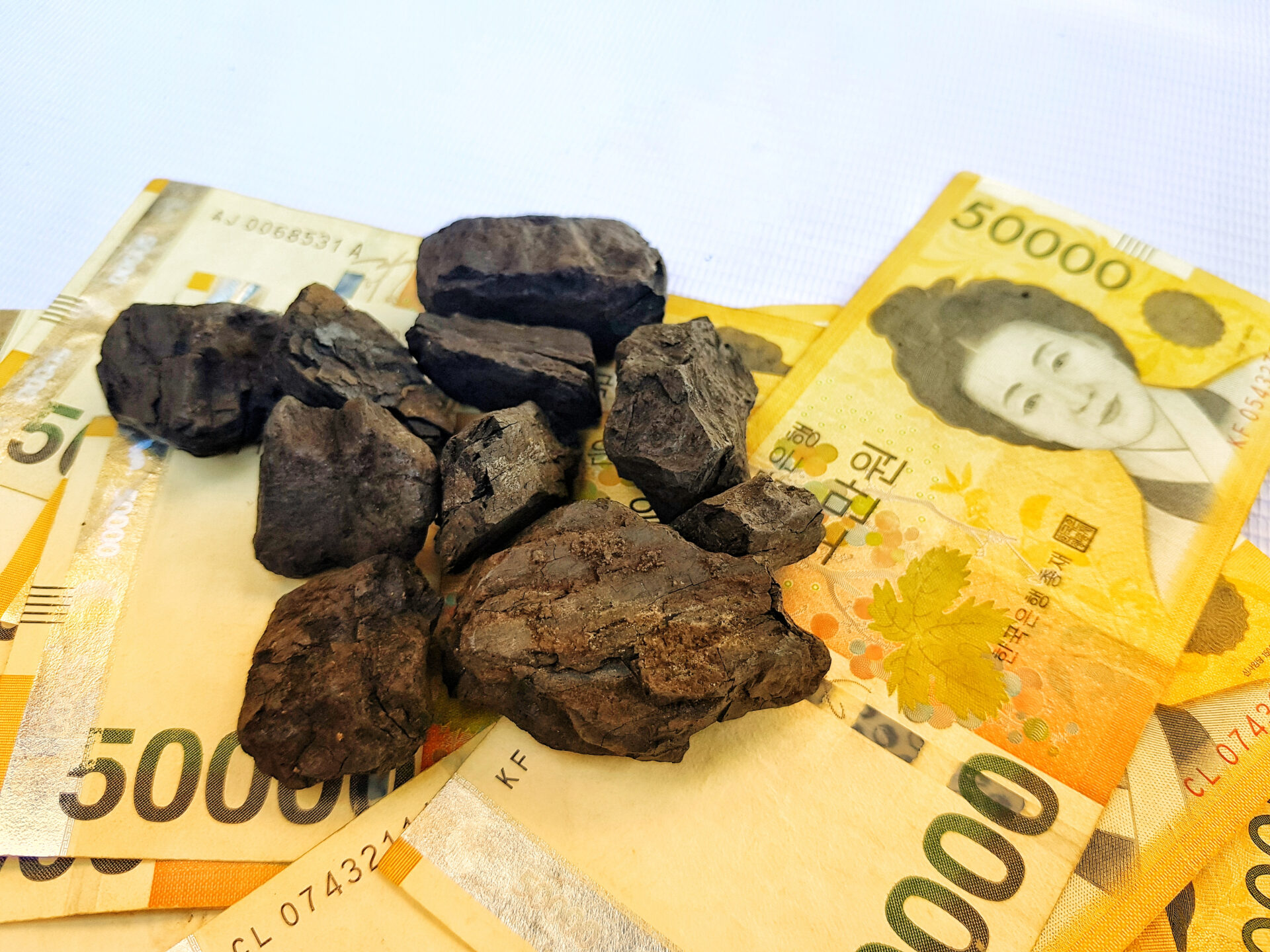
"Coal is money"
Organizations with Notoriety
- South Korea is part of the Environmental Integrity Group (EIG), which contains just five other parties – Mexico, Switzerland, Liechtenstein, Monaco and Georgia. According to its members, this diverse grouping was created to push for progressive climate policies and bridge the gap between emerging and developed economies.
- South Korea is home to the Green Climate Fund (GCF), a UN body based in the “international business district” of Songdo, near the north-western city of Incheon. The fund is the main mechanism set up for mobilizing $100bn every year “by 2020” from richer countries to finance climate mitigation and adaptation in the developing world. It was one of the first nations to pledge to the fund, with a $100M commitment that it has since increased to $200m.
- Former President Lee also created the Global Green Growth Institute as a means of testing the principles of green growth. This international thinktank has been described as a “powerful expression of Korea’s middle-power identity”.
- South Korean NGO Solutions for Our Climate (SFOC) is a non-profit corporation established in 2016 for more effective climate crisis response and energy transition . Climate Solutions is composed of experts in law, economy, finance, and environment related to energy climate change policy, and is working in close cooperation with domestic and foreign non-profit organizations.
- The DMZ Ecology Research Institute, a nonprofit organization that does research on the wildlife in the Demilitarized Zone, or DMZ. According to South Korea's Ministry of Environment, more than 5,000 species of plants and animals have been identified in the area, including more than 100 that are protected.
- K-pop 4 Planet is an organization of fans that promote environmentalism on behalf of K-pop artists. Groups like this have called on entertainment studios to reduce the waste produced by promotional packaging and concerts. These engagements also align with the values of an increasingly international fan base — as climate change is a challenge that both Korean and global denizens share.
- Korea Environmental Industry and Technology Institute (KEITI) is an organization that fosters the environmental industry and supports the development of environmental technologies that clean our air and water, recycle and treat wastes and heal our natural environment. We seek to unburden those suffering from polluted environment and harmful substances and help the people lead an environmentally-friendly lifestyle.
- Fair Travel Korea is a social enterprise dedicated to “healing through traveling, excitement on the new road, freedom beyond boundaries, connection and belonging between locals and travelers, sustainable co-existing project living with our Earth” and offers travel programs that align to these values.
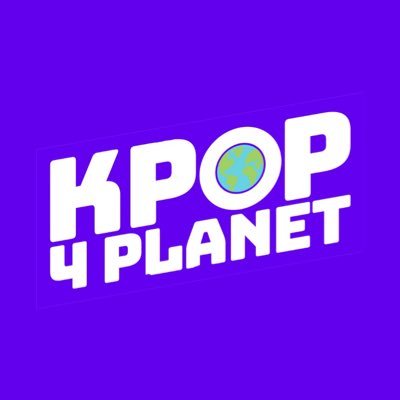
K-Pop 4 Planet Logo
This information was collected from a variety of sources, specifically chosen by Bound International staff, and may also reflect direct travel knowledge by Bound International staff. Do you have something to add or recommend? E-mail us at info@bound-intl.com.
